Living with type 2 diabetes means making mindful choices about your diet, because what you eat plays a pivotal role in managing high blood sugar levels and overall health. While there's a world of delicious, alkaline foods to explore, there are some dietary landmines in the Standard American Diet (SAD) that people with type 2 diabetes should avoid.
Below are the five worst foods for diabetics, which can wreak havoc on already high blood sugar levels. We’ll also provide a list of foods you can enjoy instead. And to further help with diabetes management, we’ve created Dr. Sebi’s Alkaline SugarBalance, a holistic, all-natural supplement package designed to help control blood sugar and promote pancreatic health.
How Food Impacts Blood Sugar
Understanding how food impacts blood sugar is fundamental for managing and even reversing type 2 diabetes. When you consume carbohydrates, they’re broken down into glucose, a type of sugar, in your digestive system, according to the American Diabetes Association. This glucose is then absorbed into your bloodstream, which raises blood sugar levels.
For people without diabetes, the body's natural insulin response helps regulate these spikes, ensuring that blood sugar remains within a healthy range. However, for people with type 2 diabetes, this process isn’t as effective. This is why monitoring the types and quantities of carbs you eat — along with other nutrients like healthy fats and proteins — is essential.
Worst Foods for Diabetics
When it comes to managing diabetes, the wisdom of Dr. Sebi is particularly relevant. That’s why following his dietary guidelines is so important. Below are 5 foods that can worsen your diabetes, as well as increase your risk of diabetes if you don’t currently have the condition.
1. White Rice, White Bread, and White Flour
White carbohydrates, such as white bread, pasta, and rice, have undergone heavy processing, which strips them of essential nutrients and fiber. Your body quickly converts that glucose, causing rapid spikes in blood sugar levels. This can make blood sugar control for people with type 2 diabetes difficult.
Dr. Sebi advocated for whole, natural grains like quinoa and amaranth, which provide a slower and more stable release of glucose into the bloodstream, providing a healthier approach to diabetes management.
2. Dried Fruits
Dried fruits may seem like a healthy snack, but they can be problematic for those with diabetes. The drying process concentrates their natural sugars, resulting in a high sugar content per serving. And some dried fruits contain added sugar. Both can lead to rapid blood sugar spikes.
Dr. Sebi encouraged the consumption of fresh, whole fruits like berries and citrus, which contain fiber and nutrients that can help stabilize blood sugar levels.
3. French Fries and Deep-Fried Foods
Deep-fried foods like French fries, fried chicken, and donuts are typically high in trans fats and saturated fats. These unhealthy fats can contribute to insulin resistance, making it harder for cells to absorb glucose from the bloodstream. Additionally, the high-carb content of many fried foods can raise blood sugar levels.
Dr. Sebi emphasized avoiding fried foods and instead opting for cooking methods like steaming, baking, or grilling to promote better overall health.
4. Sugar and Sweeteners
Refined sugar and artificial sweeteners can wreak havoc on blood sugar levels. Refined sugar is quickly absorbed, causing rapid spikes in blood sugar, and some artificial sweeteners may also affect insulin response.
Make sure to read food labels, as many processed foods contain added sugars or sweeteners. Instead, Dr. Sebi recommended natural sweeteners like agave nectar or date sugar in moderation and advised against processed sugars and artificial sweeteners to maintain better glycemic control.
5. Alcohol
Alcohol can lower blood sugar levels and lead to hypoglycemia, according to Mount Sinai Health Systems. This can be particularly dangerous for people with type 2 diabetes, as they may struggle to regulate these fluctuations. And if you take insulin, it may lead to dangerously low blood sugar levels.
Furthermore, alcoholic beverages often contain added sugars or carbohydrates that can exacerbate complications due to high blood sugar. Thus, Dr. Sebi recommended avoiding alcohol consumption to promote better overall health and aid in diabetes management.
Foods for Diabetics to Eat Instead
Instead of the foods that can make glycemic control nearly impossible, consider these wholesome alternatives recommended by Dr. Sebi for a more diabetes-friendly diet.
- Leafy greens (arugula, turnip greens, dandelion greens, amaranth greens)
- Berries (blueberries, strawberries, raspberries)
- Whole grains (quinoa, spelt, wild rice)
- Nuts and seeds (Brazil nuts, walnuts, hemp seeds, sesame seeds)
- Avocado
- Tomatoes (cherry and plum)
Frequently Asked Questions
What drinks should diabetics avoid?
Diabetics should steer clear of sugary beverages that can cause rapid spikes in blood sugar levels, including sodas, fruit juices, energy drinks, and sweetened iced teas. Even seemingly healthy options like store-bought smoothies and sports drinks can be high in added sugars. Instead, opt for water or herbal teas.
What are the best herbs for diabetics?
The best herbs for diabetics include ginger, oregano, sage, cascara sagrada, dandelion, burdock root, stinging nettle, muicle, hierba del sapo, huereque, and tronadora.
What are the best supplements for diabetes?
In addition to making dietary changes, there are supplements designed to support blood sugar regulation. One notable option is Dr. Sebi's Alkaline SugarBalance. This carefully crafted supplement is part of a holistic approach to diabetes management.



































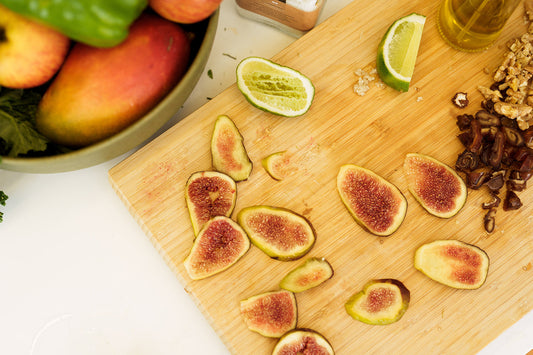
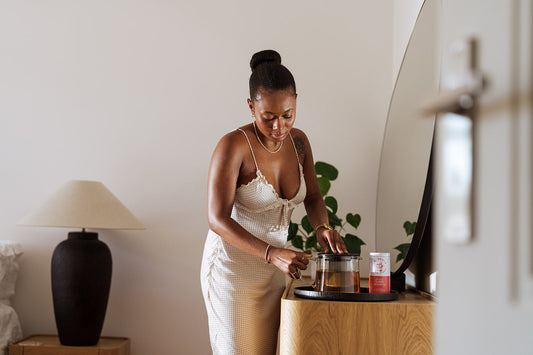
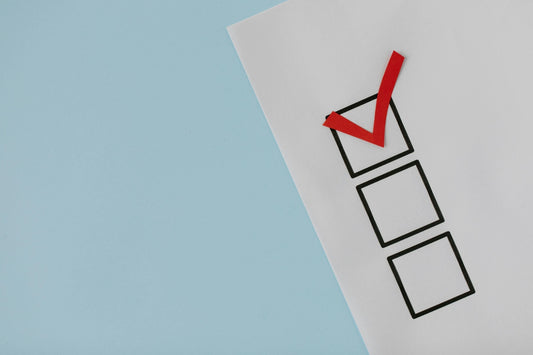
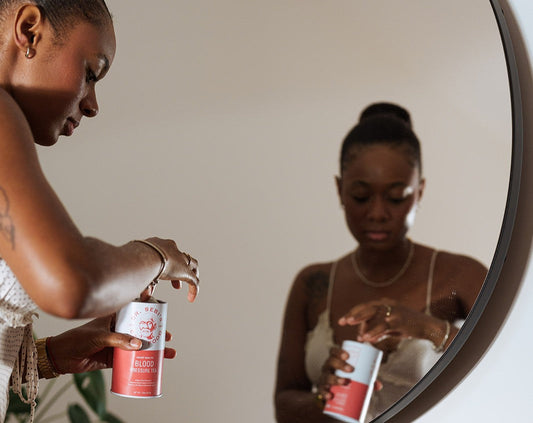
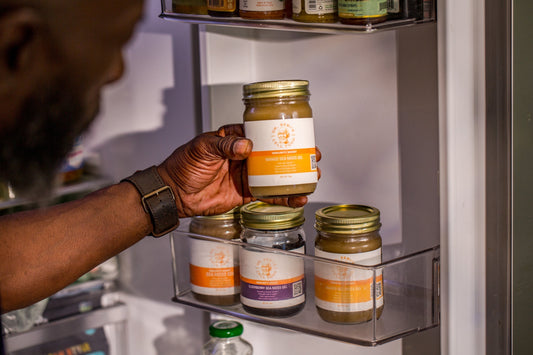
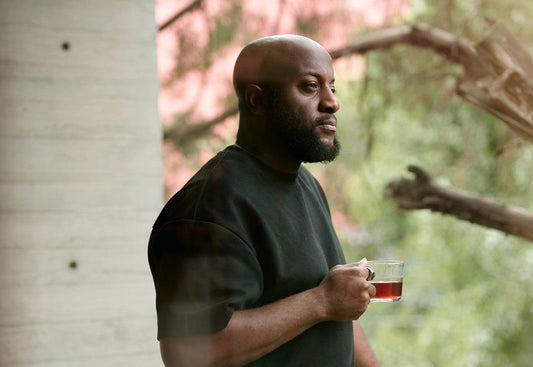

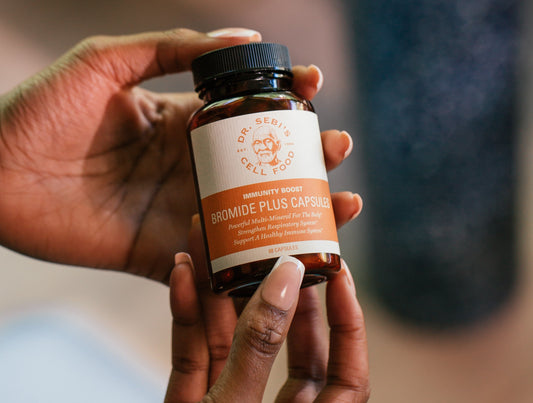
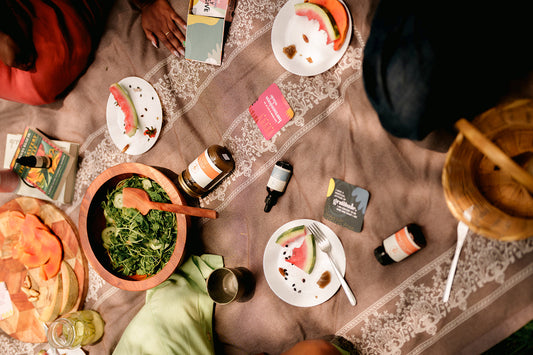
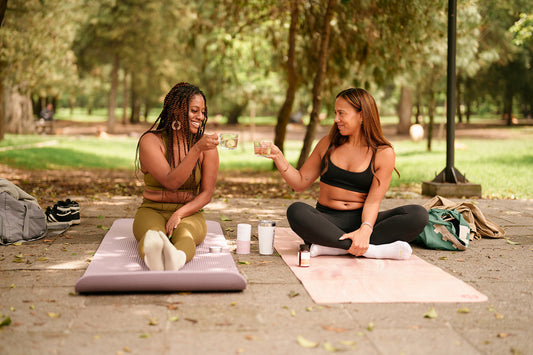
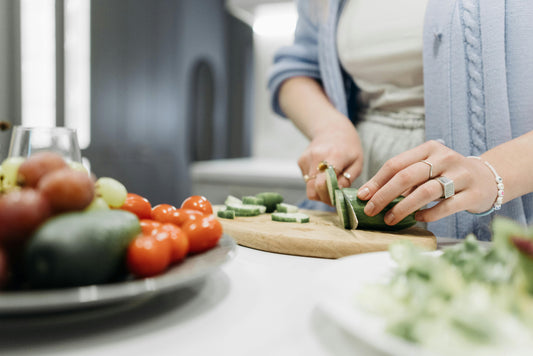
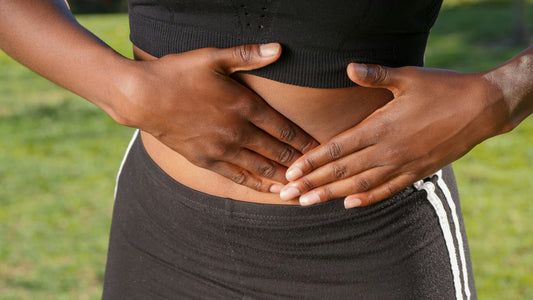
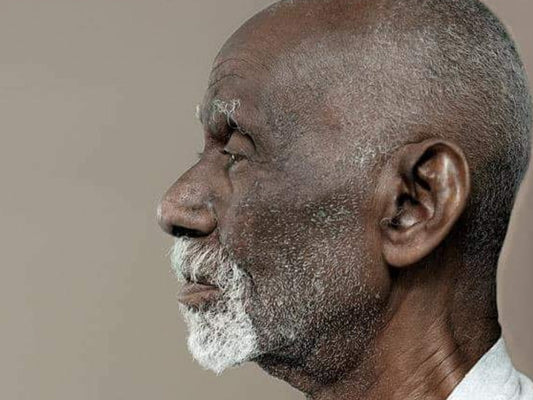
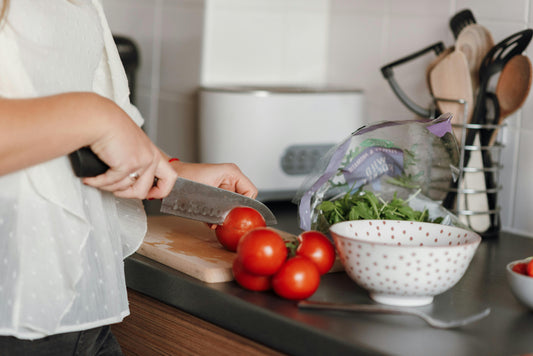

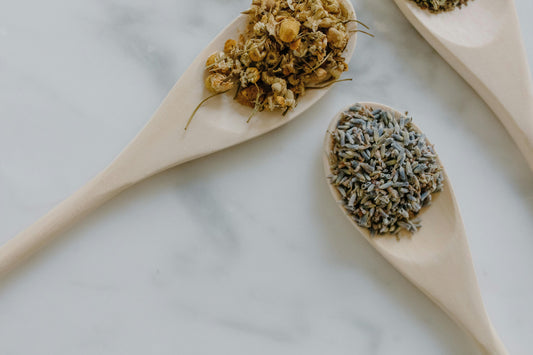
1 comment
I’m very happy for the friend that referred me to these products. I ordered Banji, Gel, and hair oil, and the tooth powder. The Banji and Gel I have taken as directed for three days. I have a issues in my body with pain from head to toe. I’m feeling relief already. What a blessing. I’m feeling better today and will continue to follow the nutritional guidance which I am doing most of this already. Thank you so much and God Bless Dr. Sebi’s memory.